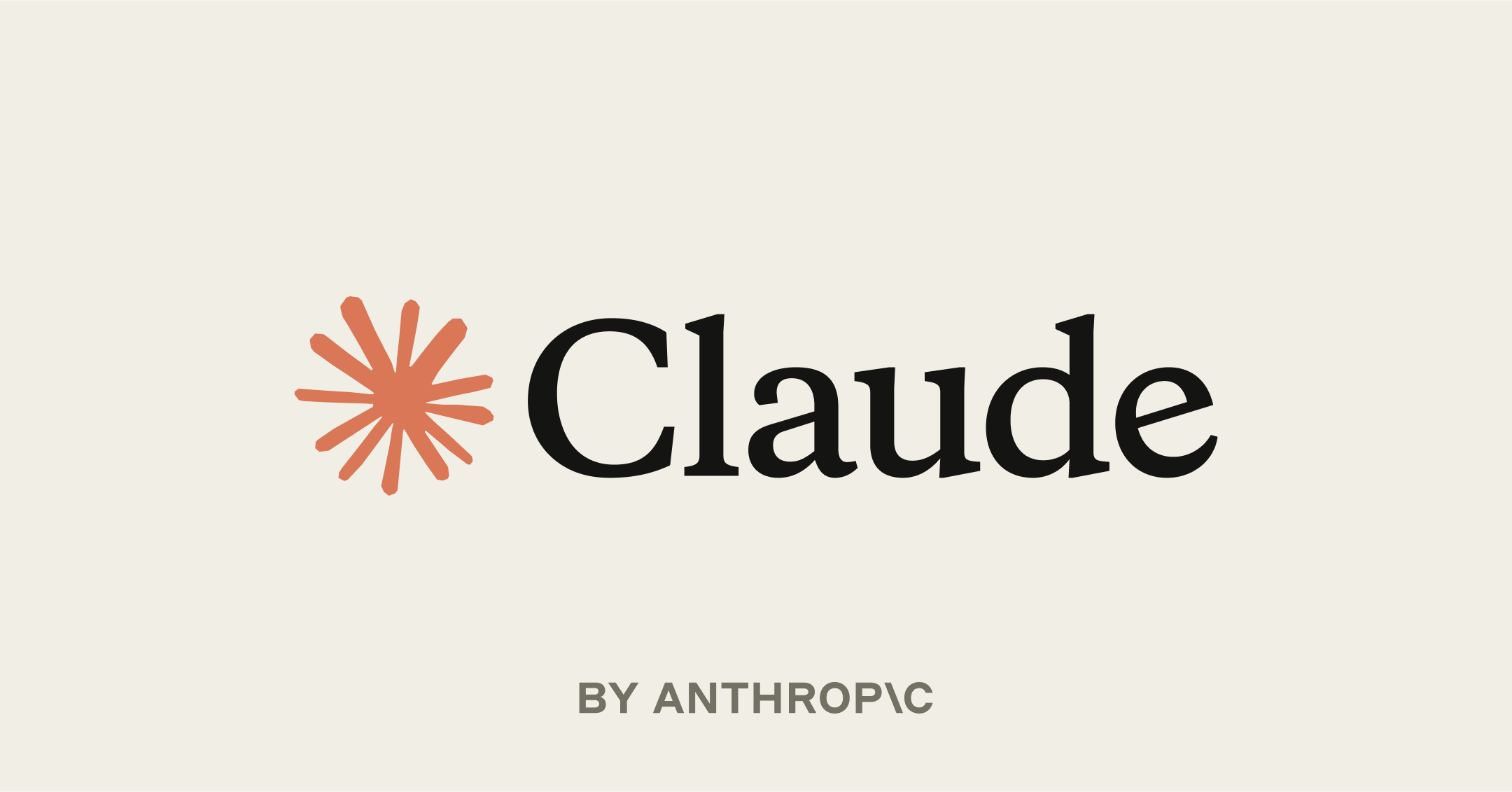Claude is Anthropic's AI that I've been throwing real money at for 18 months. It costs way more than anything else but consistently produces better code than the competition. My monthly bill went from $0 to $400 pretty fast. See the current pricing for all the painful details.
The Model Lineup That Actually Matters
Opus 4.1 ($15/M input, $75/M output) - The expensive model that actually works for complex stuff. I use it for architecture decisions when I can't afford to get it wrong, and code reviews where I need it to catch the subtle bugs I'd miss at 2am. The SWE-bench score is 74.5% which sounds impressive but really just means "fixes 3 out of 4 real GitHub bugs without breaking anything else." Latest benchmarks show it consistently outperforms GPT-4 in coding tasks.
Sonnet 4 ($3/M input, $15/M output) - Where I actually live. Handles most of my React refactoring and Python debugging without breaking the bank. The 200K context window is clutch - I can paste my entire Next.js app and it remembers what we're working on. Occasionally fucks up complex algorithms but catches 90% of my stupid mistakes. Performance details here.
Haiku 3.5 ($0.80/M input, $4/M output) - The "eh it's fine" model. Quick responses and doesn't cost much, but writes code like a junior developer having a bad day. Use it for documentation or when you just need something fast and don't care if it's perfect. Check Haiku specs for technical details.
Extended Thinking - When Claude Shows Its Work

Extended thinking makes Claude show its reasoning before answering. Sounds like marketing bullshit but it actually catches edge cases I'd miss. Had it spot a race condition in my async Python code that would've bit me in production. The tradeoff is it's slow as hell and costs 3x more tokens. Read the extended thinking docs for implementation details.
Don't enable it for simple shit or your AWS bill will make you cry. I learned this the hard way when my document summarizer racked up $200 in a day because I forgot extended thinking was on. Cost management tips can prevent this financial pain.
Why Your Credit Card Will Hate You
Claude is expensive because it's actually good. Where ChatGPT gives you a 50-word answer, Claude writes 200 words with examples and explanations. That extra quality costs real money - I've seen single API calls hit $30 when I paste in a large codebase for review. Token pricing calculator helps estimate costs beforehand.
The 200K context window sounds great until you send your entire monorepo and get charged $80 for a single request. The cost scales up fast with large contexts - learned that when I sent it our entire Django project to review and nearly shit myself when I saw the bill. Prompt caching can reduce these costs by 90%.
What Claude Actually Does Well (And What It Sucks At)
After throwing money at it for 18 months:
Code quality - Way better than GPT-4 for refactoring messy legacy code. When I need to untangle a 500-line function, Claude actually understands the dependencies and doesn't break everything. Real comparison data backs this up.
Memory - Remembers what we talked about 50 messages ago. GPT-4 forgets I'm working on a React app after 5 minutes. Claude's conversation threading is genuinely useful.
Uptime - Pretty solid, maybe one outage every few months. Status page shows historical reliability. Rate limits are the real problem - hit them constantly during busy days. Check rate limit docs for current numbers.
Safety filters - The most frustrating part. Try to review auth code and Claude thinks you're hacking the pentagon. Have to rephrase "check this login function" five different ways before it stops being paranoid.
Where Claude Falls on Its Face
Math - Don't trust it with anything more complex than adding two numbers. Asked it to calculate token costs once and it was off by 40%.
Recent stuff - Training data stops at March 2025, so it doesn't know about the latest React 19 features or whatever framework dropped last week.
Mixed languages - My codebase has English and Spanish comments. Claude gets confused and starts responding in broken Spanglish.
Performance - Suggests the most inefficient algorithms possible. Asked for a sorting function and it gave me O(n²) bubble sort in 2025. Come on.
Claude is great for refactoring legacy code and architectural discussions. Don't use it for creative writing (sounds like a marketing brochure) or data science (just use Jupyter with actual libraries).



